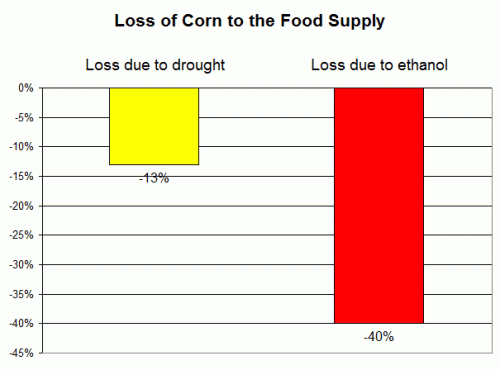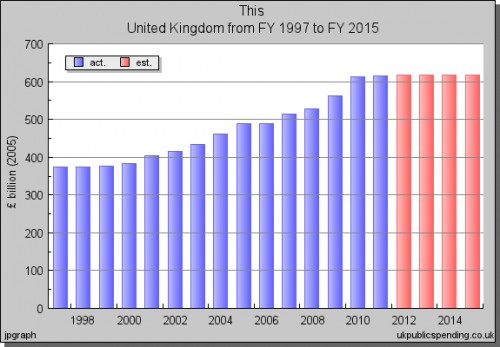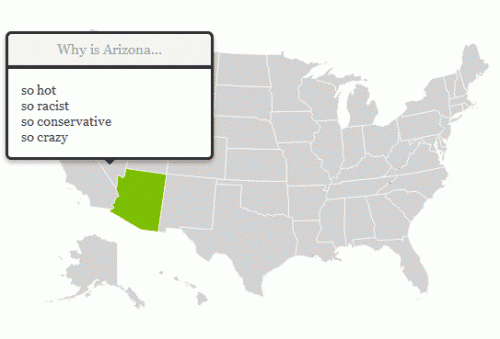Apparently, Los Angeles has tough anti-ticket scalping laws. This means that one is able to resell virtually any item one owns but no longer has a use for except tickets. In this case, government officials yet again don't like someone who places little value on an item selling it to someone who places more value on that item (a concept that is otherwise the basis for our entire economy). We can see the effect of such laws in London, where stadiums full of empty seats are juxtaposed against thousands who want to attend but can't get tickets, all because for some reason we have decided we don't like the secondary market for tickets.
A great example is embedded in this line in today's LA Times about crackdowns on scalping:
Jose Eskenazi, an associate athletic director at USC, said the university distributed football and basketball tickets free to several children's community groups but that scalpers obtained those tickets and sold them "at enormous profits."
I like the coy use of "obtained" in this sentence. Absent a more direct accusation, I have to assume that this means that scalpers bought the tickets from the community groups. Which likely means that strapped for cash to maintain their operations, these groups valued cash from the tickets more that the ability to send kids to a USC football game (in fact, taking them to a USC football game would involve extra costs to the community group of transportation, security, and feeding the kids at inflated stadium prices). It was probably entirely rational for the community groups to sell the tickets -- this is in fact a positive story. Selling the tickets likely got them out of an expensive obligation they could not afford and generated resources for the agency. Sure, USC was deprived of the PR boost, but if they really want the kids to come to the game, they can do it a different way (e.g. by organizing the entire trip). This is not a reason for curtailing my right to sell my tickets for a profit.
Anyway, I have ranted about this before. Sports team owners and music promoters have out-sized political influence (particularly in LA) and have enlisted governments to clamp down on the secondary markets for their products.
What I thought was new and interesting in this LA Times story was the evolving justification for banning ticket scalpers. Those who have followed the war on drugs or prostitution will recognize the argument immediately:
Lee Zeidman, general manager of Staples Center/Nokia Theatre and L.A. Live, said in a separate declaration that scalpers "frequently adopt aggressive and oftentimes intimidating tactics.... To the extent that ticket scalpers are allowed to create an environment that makes guests of ours feel uncomfortable, harassed or threatened, that jeopardizes our ability to attract those guests to our property."
In court papers, prosecutors accuse scalpers of endangering citizens, creating traffic hazards and diverting scarce police resources.
"Defendants personally act as magnets for theft, robbery, and crimes of violence," the filing states. "Areas with high levels of illegal ticket sales have disproportionately high levels of theft, robbery, crimes of violence and narcotics sales and use."
Wow, you mean that if we criminalize a routine type of transaction, then criminals will tend to dominate those who engage in this transaction? Who would have thought? If this were true, we might expect activities that normally are run by normal, honest participants -- say, for example, alcohol distribution -- to be replaced with gangs and violent criminals if the activity is prohibited.
It's amazing to me that people can still use the the criminal activity that results from prohibition to justify prohibition.
Update: John Stossel has an article on the London ticket scalping ban
















